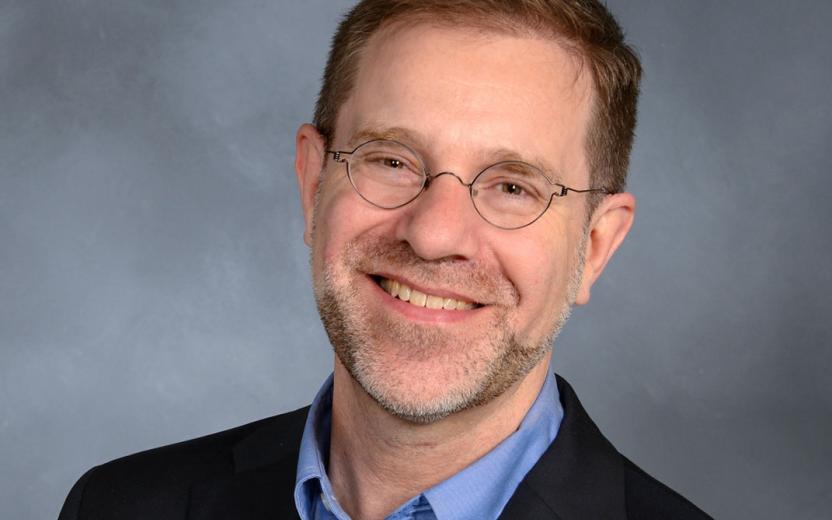Latest News

“Generally speaking, the biggest reward for successful IT is people asking for more IT,” said Chief Global Information Officer Curtis Cole in his July 15, 2024, Wireside chat. “The university must continually adapt our approach to technology and how we manage the associated data and processes in support of our mission.”
Cole listed multiple overlapping systems that support Cornell’s human resources, finance, student services, research, and advancement functions on each campus, then acknowledged that all need upgrades or replacement. The cost of keeping those systems running will be significant.
“Because the university’s IT environment is characterized by high technical debt, duplication of systems, and a highly distributed structure, our community is presented with a very painful user experience,” said Cole. “It is up to each person to figure out which unit is using which system, and where to go or log in to get their work done, because the system doesn't bring the solution to them. The students, faculty, staff, researchers, alumni, parents, donors, and our corporate partners all have to figure out their unique path through our tech stack on their own.”
The multi-campus IT Governance Council is addressing this challenge by engaging Huron Consulting Group for the Cornell Experience Modernization Initiative (CEMI). This six-month assessment will focus on creating a roadmap to implement a smoother, more intuitive customer experience and realign our technical debt to better support Cornell’s ambitious goals by reviewing Workday, PeopleSoft, Jenzabar, SAP, Kuali/KFS, SuccessFactors, Slate, Salesforce, and similar tools used across the university’s campuses.
People, the drivers of Cornell’s mission, are the focus of this project and will be instrumental in choosing and improving the technology systems. To keep them at the center of the assessment, Huron and Cornell project managers are identifying a set of personas or archetypes, including but not limited to enrolled students, prospective students, alumni, instructional faculty, college/departmental administration, campus support services, clinical faculty, researchers and principal investigators, and central administration.
“Huron’s assessment will help us explore how to better serve faculty, staff, researchers, and students with the technology infrastructure on all university campuses,” said Cole.
Starting in mid-August, Cornell community members representing a variety of these personas were invited to participate in surveys, focus groups, and interviews about how the systems impact their daily and annual tasks. This early stakeholder engagement will also highlight additional community members whose feedback should be included.
More details and a website about CEMI, will be published in the first week of September. To view Cole’s Wireside chat, log in to the Ithaca-campus link or the Weill Cornell Medicine link

Comments?
To share feedback about this page or request support, log in with your NetID